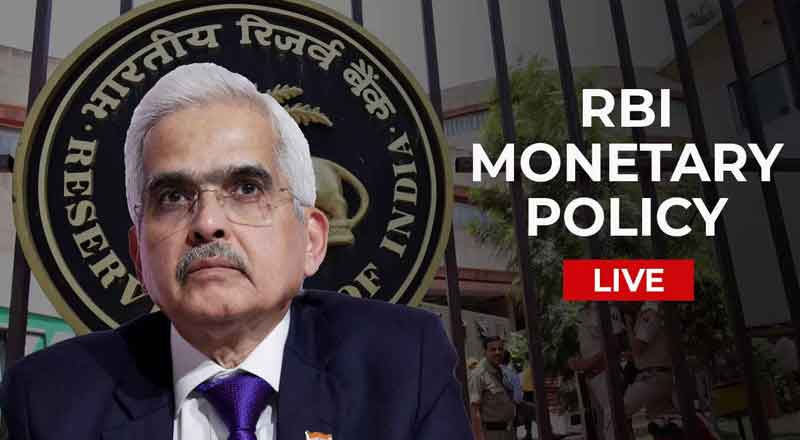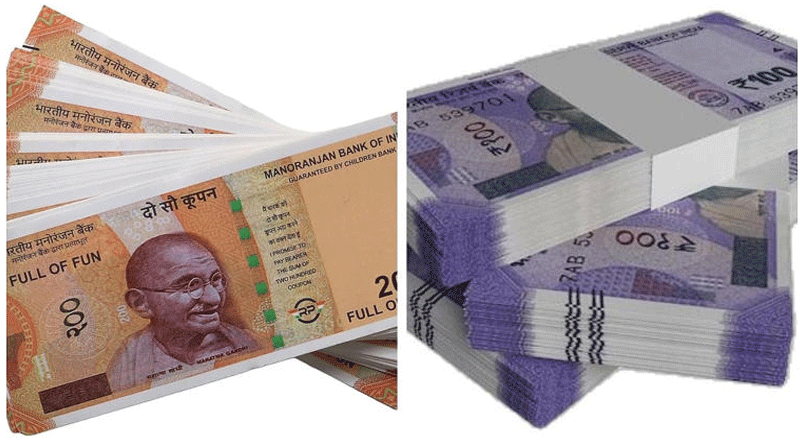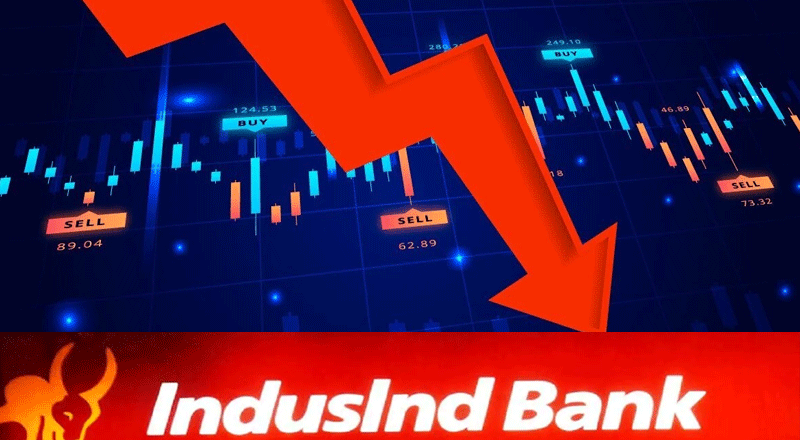A Fine Line Between Growth and Stability
In a much-anticipated move, the Reserve Bank of India (RBI) kept the repo rate unchanged at 6.5% for the 11th consecutive time, emphasizing the importance of price stability amid high inflation and slowing economic growth. However, the unexpected decision to cut the Cash Reserve Ratio (CRR) by 50 basis points to 4% injected fresh liquidity into the banking system, buoying market sentiment. RBI Governor Shaktikanta Das underscored the complexity of navigating economic challenges, striking a balance between inflation control and supporting growth.
RBI’s Dual Strategy: Unchanged Repo Rate and CRR Cut
The decision to maintain the repo rate at 6.5% reflects the RBI’s cautious approach to monetary policy. While the Standing Deposit Facility (SDF) rate and the Marginal Standing Facility (MSF) rate remain at 6.25% and 6.75%, respectively, Governor Das emphasized that the monetary policy stance would remain neutral. He acknowledged that inflation remains a persistent challenge, with the retail inflation forecast for FY25 revised upward from 4.5% to 4.8%.
However, the highlight of the policy announcement was the 50-basis-point CRR cut. This measure, aimed at boosting liquidity, is expected to release approximately ₹1-1.25 lakh crore into the banking system, providing a much-needed stimulus for credit growth.
Economic Context: Slowing Growth and Persistent Inflation
India’s economic growth slowed to 5.4% in Q2 FY24, its weakest pace in nearly two years, weighed down by sluggish performance in manufacturing and mining. This marked a sharp decline from the 8.1% growth witnessed in the same period last year. Against this backdrop, the RBI faces the dual mandate of ensuring price stability and fostering economic recovery.
Governor Das highlighted that while the disinflationary trajectory achieved so far needs to be preserved, the “last mile of inflation” remains a challenging hurdle. The near-term inflation outlook has turned adverse since the last monetary policy review in October, necessitating vigilance to maintain macroeconomic stability.
Market Response: Bank Nifty Rebounds Strongly
The markets initially reacted negatively to the decision to hold the repo rate steady, with banking stocks dipping in early trade. However, the announcement of the CRR cut sparked a sharp recovery in the Bank Nifty index, which rebounded over 600 points from its intraday low to trade at 53,850, up 0.5% by mid-morning. The broader Nifty and Sensex indices also turned mildly positive, reflecting improved investor sentiment.
Market analysts believe the liquidity injection from the CRR cut will bolster the banking sector’s capacity to support credit growth, which is critical for economic recovery. This move is seen as a signal that the RBI is willing to take proactive measures to address liquidity concerns without compromising its inflation-fighting credentials.
Balancing Price Stability and Growth: RBI’s Tightrope Walk
In his policy address, Governor Das stressed that durable price stability is essential for achieving sustained economic growth. While the slowdown in GDP growth has raised concerns, the RBI remains committed to its inflation-targeting framework. The Monetary Policy Committee (MPC) decision, taken with a majority of 4:2, reflects this balanced approach.
Das reiterated that monetary policy impacts every segment of society and must prioritize both growth and stability. The RBI’s cautious stance on rate cuts, coupled with targeted liquidity measures like the CRR reduction, underscores its nuanced approach to tackling complex economic challenges.
Broader Implications: A Liquidity Boost Amid Global Uncertainty
The CRR cut comes at a time when global economic uncertainties are adding pressure on emerging markets like India. The move to inject liquidity aligns with the RBI’s broader strategy to support credit flow, particularly for small and medium-sized enterprises (SMEs) and other growth-critical sectors.
Additionally, the liquidity boost is expected to offset some of the adverse effects of high inflation and sluggish economic activity, fostering a more conducive environment for economic recovery.
A Proactive and Balanced Approach
The RBI’s latest policy decisions reflect a carefully calibrated strategy to address India’s economic challenges. By holding the repo rate steady, the central bank reaffirms its commitment to price stability, while the CRR cut signals a willingness to act decisively to support growth. This dual approach not only bolsters market confidence but also provides a roadmap for navigating the interplay between inflation control and economic recovery. As India grapples with slowing growth and persistent inflation, the RBI’s balancing act will remain pivotal in shaping the country’s economic trajectory.
(With inputs from agencies)





